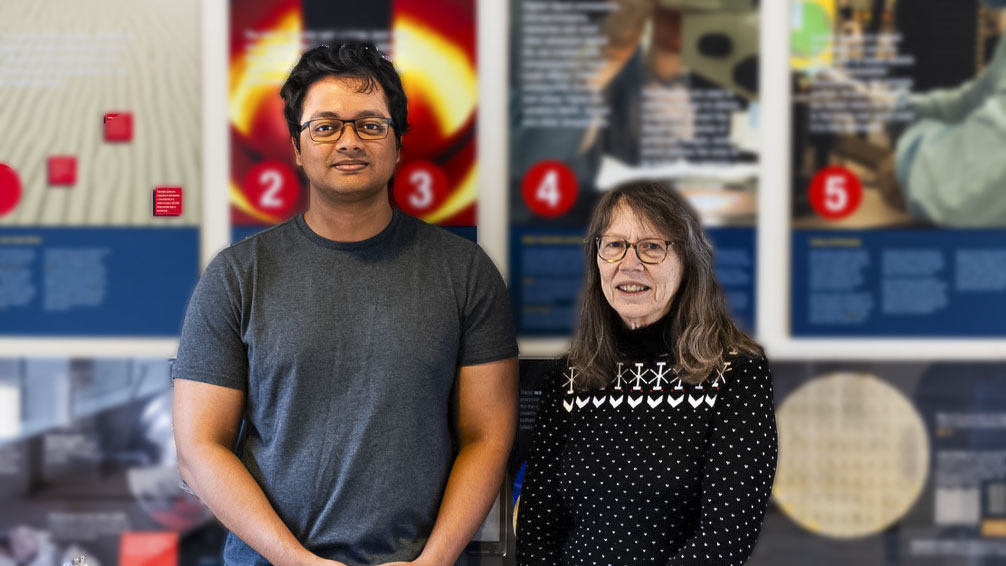
University of Maine Awarded NSF ITEST Grant for Semiconductor Education Project
The University of Maine has been granted a significant award from the National Science Foundation’s (NSF) Innovative Technology Experiences for Students and Teachers (ITEST) program. This $1.2 million grant signifies a crucial step in the university’s efforts to advance STEM education, particularly in the field of semiconductor science and technology.
Led by Principal Investigator (PI) Prabuddha Chakraborty and Co-Principal Investigator (Co-PI) Rosemary L Smith, the University of Maine aims to develop a comprehensive semiconductor curriculum tailored for high school students. This curriculum will incorporate state-of-the-art technologies such as Artificial Intelligence (AI), interactive game modules, and hands-on learning experiences.
The project, titled “Collaborative Research: A Semiconductor Curriculum and Learning Framework for High-Schoolers Using Artificial Intelligence, Game Modules, and Hands-on Experiences,” has a total budget of approximately $1.3 million, with the university’s share amounting to $415,000. The grant was awarded on March 13, 2024, and will run from June 1, 2024, to May 31, 2028.
“This project is a deeply collaborative and interdisciplinary effort, spanning the fields of Semiconductors, Gaming, Artificial Intelligence, and Education. The University of Maine will be collaborating with Fairfield University (led by Dr. Xiaoli Yang), Southern Methodist University (led by Dr. Lin Lipsmeyer), and Stemuli Studios (led by Taylor Shead, founder & CEO).” Prabuddha says.
This initiative addresses the growing need for innovative STEM education programs that prepare students for the challenges of the 21st century. By introducing semiconductor concepts in an engaging manner, the University of Maine aims to inspire students to pursue further studies and careers in science, technology, engineering, and mathematics.
Managed by the Division of Research and Learning (DRL), the project falls under the NSF’s funding opportunity for Innovative Technology Experiences for Students and Teachers (NSF 22-585). It represents a collaborative effort to bridge the gap between academia and industry, equipping students with the skills needed for success in today’s technology-driven world.
